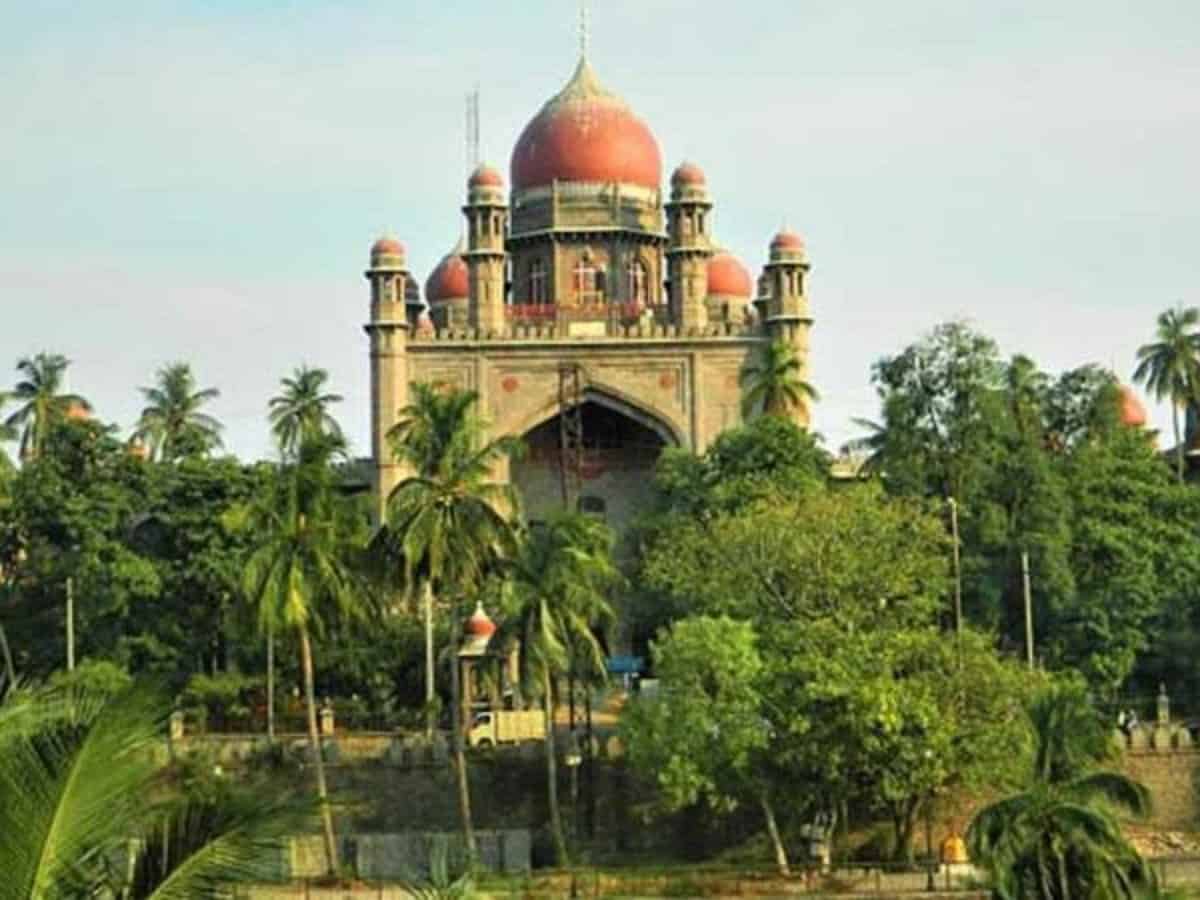
Hyderabad: The revised beneficiary selection guidelines following the Telangana High Court’s orders reportedly state that the MLAs will no longer bear the power to select beneficiaries for the Dalit Bandhu scheme.
The state government introduced the programme in August 2021, which will give each Dalit family Rs 10 lakh to establish units of their choosing for self-employment.
Initial requests for the legislators to choose 100 recipients in their individual constituencies in 2021–22 provoked demonstrations in a number of areas, with Dalits charging MLAs with distributing the benefit primarily to their followers, TRS (now BRS) employees, or family members, and friends.
BRS leaders allegedly impacted beneficiary selection by applying pressure to officials even in seats held by BJP and Congress MLAs.
However, they now remain deprived of the power as the government redrafted the guidelines following HC orders.
A petition was filed in the Telangana High Court alleging misuse of the scheme for political gain, as well as irregularities in beneficiary selections made by BRS MLAs.
The court finally issued orders on November 18 directing that a committee appointed by the state government receive applications and select beneficiaries for Dalit Bandhu, rather than MLAs.
The revised guidelines reportedly stated that the scheme will be implemented on a saturation basis in villages and wards in every constituency where the Dalit population is marginal.
The guidelines further stated the extension of the scheme to other villages and wards in ascending order of population.
Currently, MLAs choose 100 beneficiaries from their constituency.
HC’s amended guidelines also propose holding gram and ward sabhas for beneficiary selection to ensure transparency.



